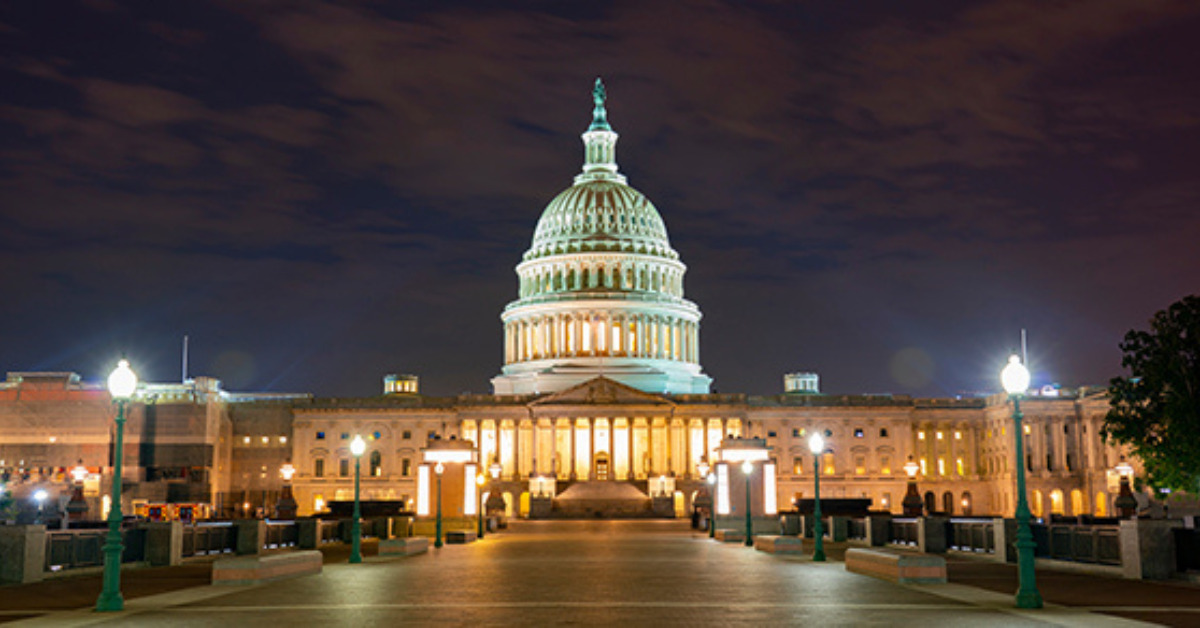By Elizabeth Russell Owen, CPA | Private Client Tax Services Practice Leader
The One Big Beautiful Bill Act (OBBBA) maintains existing provisions from current law and introduces new benefits for individuals and families, which include:
Extend current tax rates: The bill generally makes the current tax rates enacted in 2017 in the Tax Cuts and Jobs Act (TCJA) permanent (adjusted for inflation).
Standard deduction: The bill permanently increases the standard deduction amounts established by the TCJA. Starting in 2025, the standard deduction will be $15,750 for single filers, $23,625 for heads of household, and $31,500 for married couples filing jointly. These amounts will be adjusted for inflation in subsequent years.
Deduction for State & Local Taxes is increased: The bill temporarily increases the limit on the federal itemized deduction for state and local taxes to $40,000 ($20,000 for married filing separately). In 2026, the deduction limit will increase to $40,400, and will then increase by 1% annually, through 2029. Starting in 2030, the deduction will revert to the previous $10,000 limit.
The state and local tax deduction begins to phase out for filers with modified adjusted gross income exceeding $500,000 ($250,000 for married filing separately).
Personal exemptions gone but new senior deduction added: The legislation permanently eliminates the deduction for personal exemptions. However, it introduces a temporary $6,000 deduction for individual taxpayers age 65 or older. The new senior deduction targets social security eligible individuals and is intended to offset income taxes on their social security benefits. The senior deduction begins to phase out when a taxpayer’s modified adjusted gross income exceeds $75,000 ($150,000 for joint filers). The senior deduction will be in effect from 2025 through 2028.
Child tax credit increased: The legislation raises the nonrefundable child tax credit to $2,200 per child starting in 2025 and adjusts this amount for inflation. It also makes the $1,400 refundable child tax credit permanent, with adjustments for inflation. Additionally, the bill permanently sets the increased income phaseout thresholds at $200,000 ($400,000 for joint filers) and maintains the $500 nonrefundable credit for each dependent other than a qualifying child.
Qualified Business Income deduction made permanent: The bill makes the Sec. 199A qualified business income (QBI) deduction permanent, maintaining the deduction rate at 20%.
Larger estate and gift tax exemption: The amount an individual can give away during their lifetime without paying federal estate or gift taxes (the lifetime exemption) was permanently increased to $15 million (adjusted for inflation) beginning in 2026. Note however, for the tax year 2025, individuals have an annual gift tax exclusion of $19,000 per donee that they can use without impacting their lifetime exemption.
New deduction for certain tips and overtime pay: Employees may now deduct certain tips and overtime pay from their federal taxable income. These deductions phase out for higher income individuals. Employers will need to review their payroll system reporting to accurately identify the qualifying amounts paid to their employees.
We’re Here to Help
The entire OBBBA exceeds 900 pages in length and contains many complexities. Accordingly, please reach out to your ATA advisor to obtain further details and address your questions.
